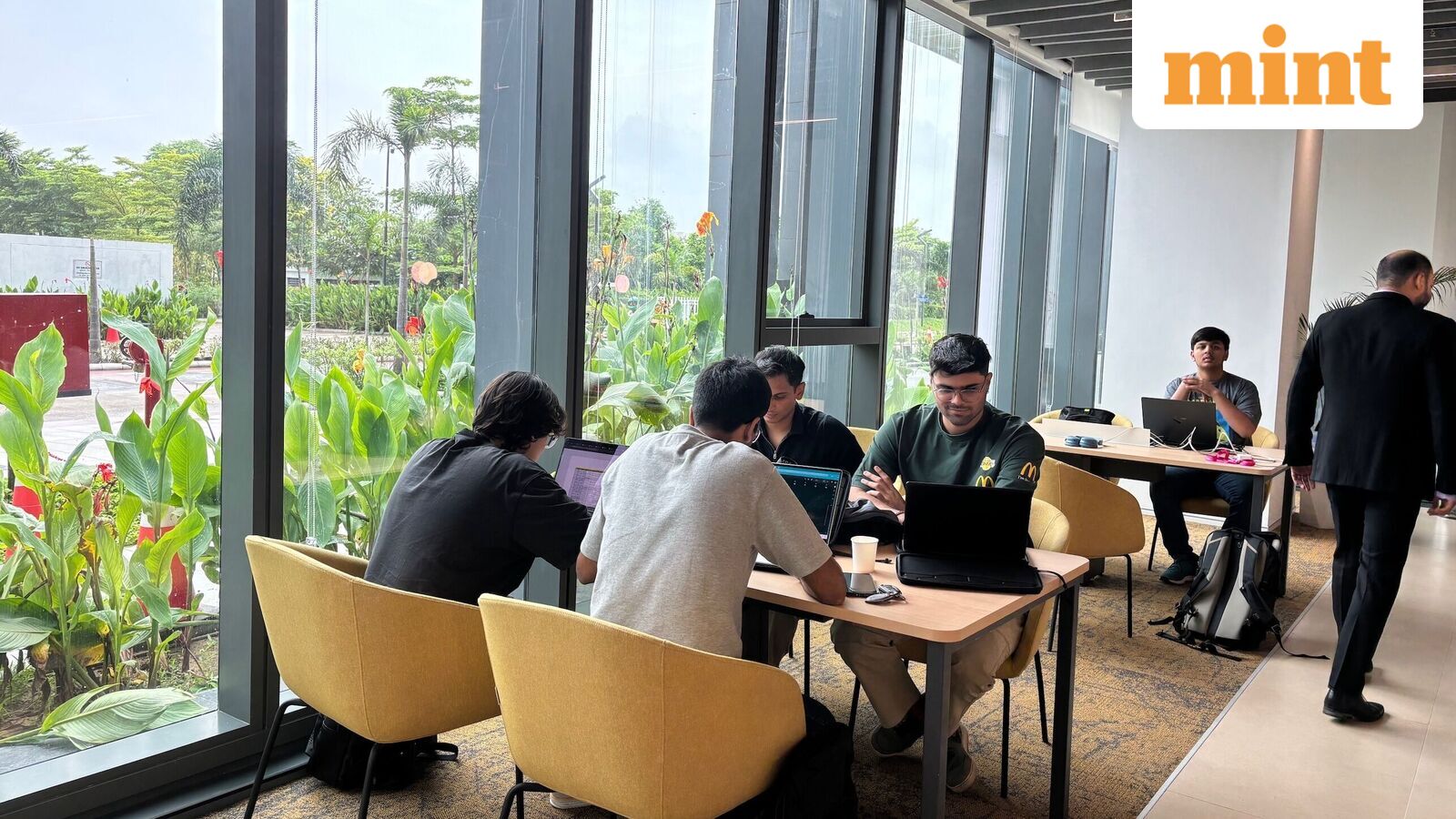Indian students can now study or participate in short-term programs in Germany without visa fees, as both countries have signed an agreement on gratis visa, which aims to enhance educational exchanges and remove financial barriers for aspiring scholars.
The Ministry of External Affairs stated on Wednesday, September 3, that India and Germany have agreed to grant gratis visas for short-term school and college visits.
The latest development came after the visit of German Federal Minister of Foreign Affairs, Johann Wadephul, to India. The MEA noted that during the delegation-level talks with External Affairs Minister Jaishankar, India and Germany assessed the multifaceted strategic partnership, expressing satisfaction with progress in trade and investment, defence and security, technology, science and innovation, green and sustainable development, education, and people-to-people ties.
What is gratis visa?
A gratis visa is typically given to certain types of travellers, including children under ten, some SAARC nationals, diplomatic visitors, and holders of United Nations Laissez-Passer. By giving this to Indian students, both countries hope to encourage academic mobility, cultural exchange, and research collaborations without the added expense of visa fees.
How to apply for a German visa?
To apply for a German visa, including the gratis option applicable for certain programmes, you will need to complete an online application form via the VIDEX platform or Consular Services Portal, gather your supporting documents, book an appointment at the German Embassy, Consulate, or an authorised VFS Global centre, submit your application and biometrics. The documents required, including financial proof and travel plans, vary depending on the type of visa you are applying for.
How will gratis visa impact Indian students?
The latest agreement between India and Germany is expected to be a significant opportunity for Indian students. This move will permit school and college students to take part in short-term academic programmes, cultural exchanges, and research collaborations without concerns about visa expenses, which is likely to encourage broader student mobility across India and Germany.
